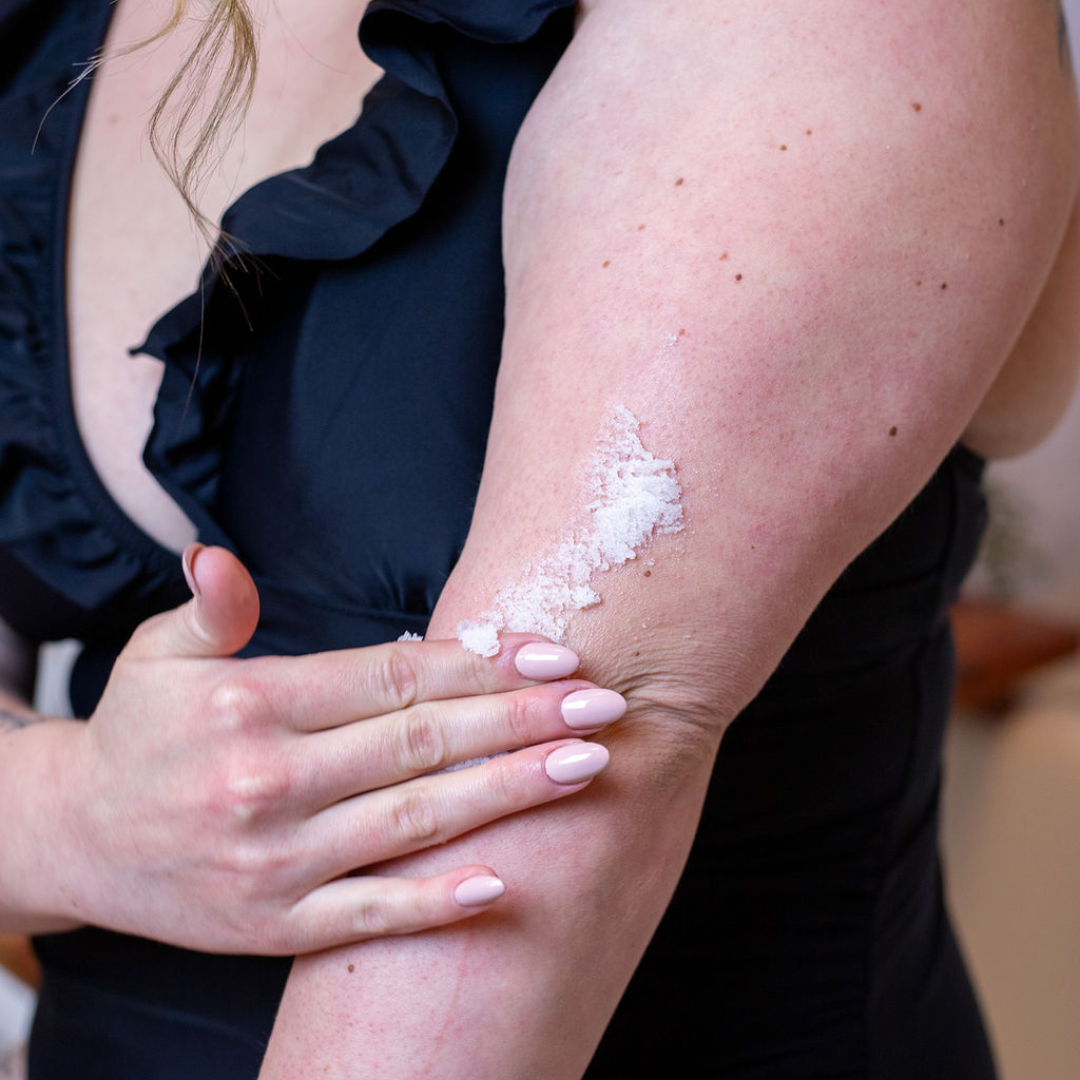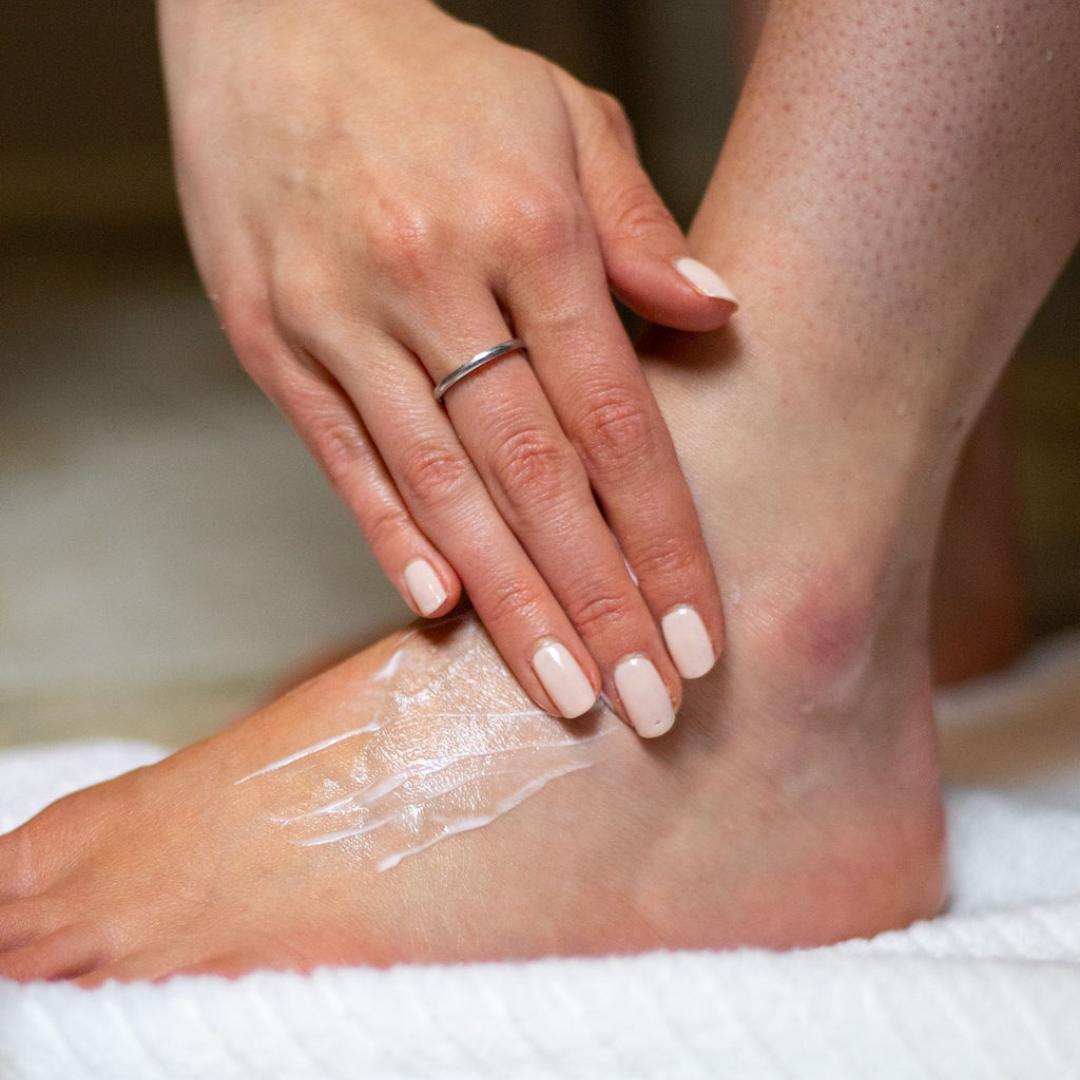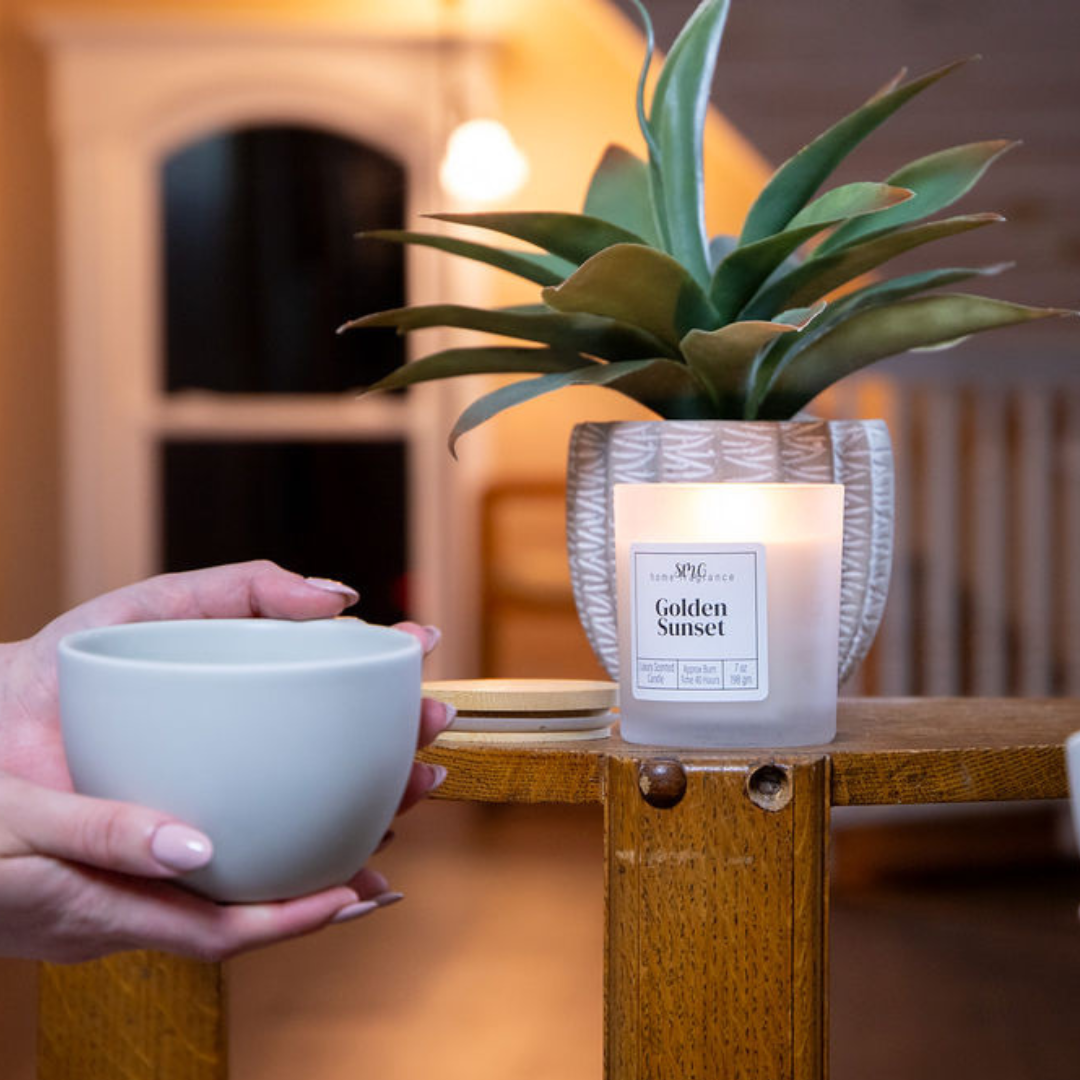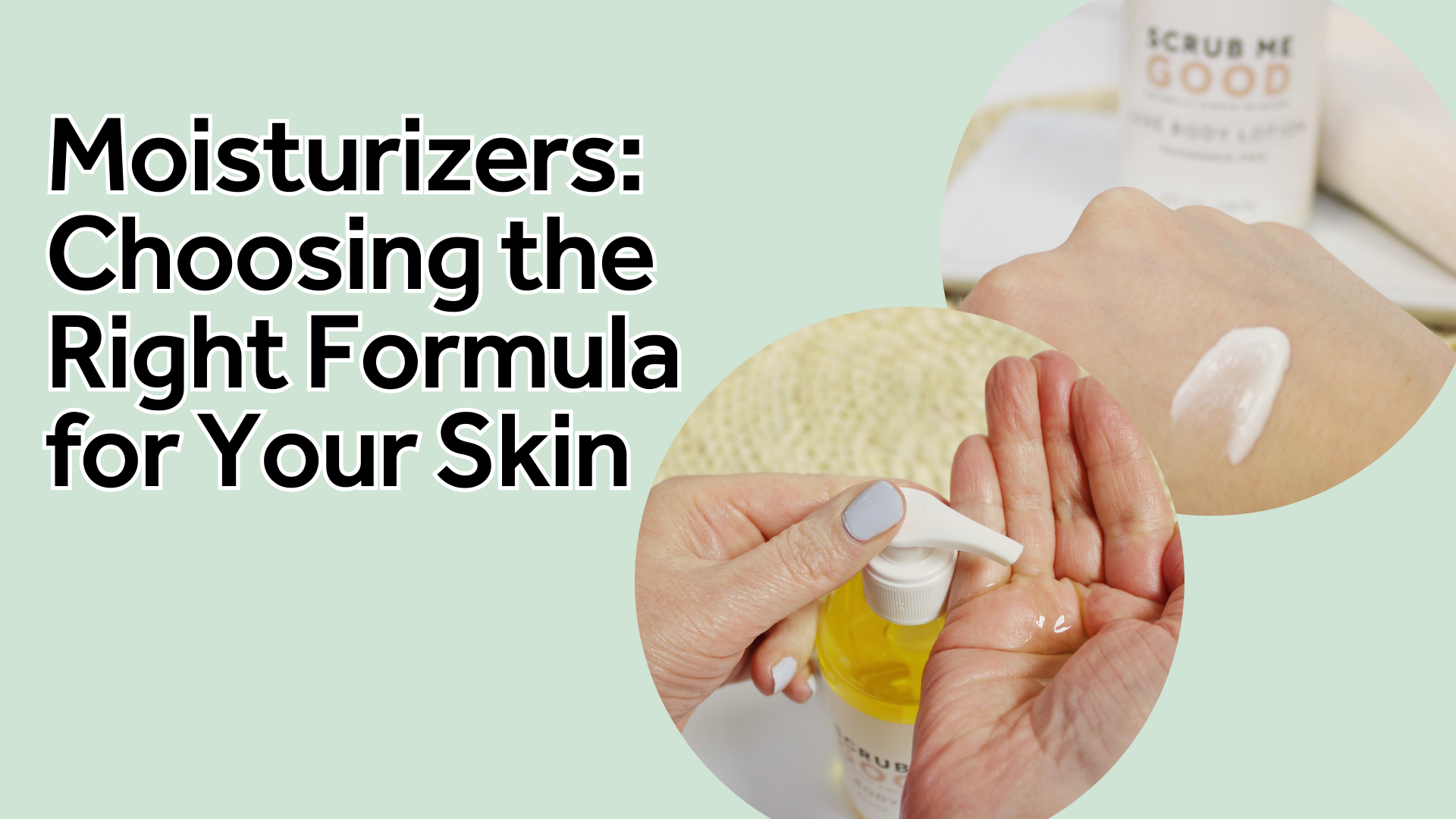
Glowing Inside & Out: How Health, Nutrition, & Health Conditions Affect Your Skin
Hey there, beautiful! Have you ever wondered why your skin sometimes feels like it has a mind of its own? One day it's glowing, and the next, it's dry, itchy, or breaking out. We all want that flawless, radiant complexion, but achieving it isn't just about the products we slather on. Our skin is like a mirror reflecting our overall health, nutrition, and even the diseases we might be battling. Let's dive into how these factors can make or break your skin game and how you can take charge for that healthy, happy glow.
The Skin-Health Connection
Your skin is the largest organ of your body and plays a critical role in protecting you from the outside world. It's your first line of defense against environmental hazards and infections. When something's off internally, your skin often shows the first signs. Think of it as your body's way of waving a red flag.
Stress and Your Skin
Ever noticed how your skin freaks out when you're stressed? That upcoming deadline or a big life change can wreak havoc on your complexion. Stress triggers the release of cortisol, a hormone that can increase oil production, leading to breakouts and oily skin. On the flip side, stress can also dehydrate your skin, making it dry and sensitive.
Sleep: The Ultimate Beauty Treatment
Beauty sleep is no myth. Your skin repairs itself at night, so skimping on sleep can leave it looking dull and tired. Aim for 7-9 hours of quality sleep to give your skin a chance to rejuvenate. It's during these precious hours that your body produces collagen, the magic protein that keeps your skin looking youthful and plump.
Nutrition: You Are What You Eat
What you put into your body shows up on your skin. A diet rich in fruits, vegetables, lean proteins, and healthy fats can do wonders for your complexion. Conversely, a diet high in sugar and processed foods can lead to skin issues like acne, dryness, and premature aging.
Hydration Is Key
Let's talk about water. Staying hydrated is crucial for maintaining healthy skin. Water helps flush out toxins, keeping your skin clear and hydrated. If you're not drinking enough water, your skin can become dry and itchy. Try to drink at least eight glasses a day and incorporate water-rich foods like cucumbers and watermelon into your diet.
Vitamins and Minerals
Certain vitamins and minerals are essential for skin health. Here are some key nutrients and their roles in skin health:
- Vitamin C: Found in citrus fruits and leafy greens, it boosts collagen production and fights off free radicals.
- Vitamin E: Present in nuts and seeds, it helps protect your skin from sun damage.
- Vitamin A: Found in carrots and sweet potatoes, it helps with skin cell production and repair.
- Zinc: Present in shellfish and legumes, it helps with healing and reducing inflammation.
- Omega-3 Fatty Acids: Found in fish and flaxseeds, they keep your skin supple and reduce inflammation.
Health Conditions and Your Skin
Certain diseases can significantly impact your skin's health. Conditions like eczema, psoriasis, and rosacea can cause redness, irritation, and dry patches. While these conditions can be challenging to manage, understanding how they affect your skin can help you take better care of it.
Eczema and Sensitive Skin
Eczema is a chronic condition that makes your skin red, inflamed, and extremely itchy. It often affects people with sensitive skin and can be triggered by allergens, stress, and even weather changes. Managing eczema involves keeping your skin moisturized and avoiding known triggers. Using gentle, fragrance-free products like Scrub Me Good's Fragrance Free Luxe Body Lotion can help soothe and hydrate your skin.
Psoriasis and Skin Rashes
Psoriasis is another chronic condition that causes skin cells to build up rapidly, leading to thick, scaly patches that can be itchy and sometimes painful. This condition is often linked to an overactive immune system. Managing psoriasis involves treatments that reduce inflammation and slow down skin cell production. Moisturizing regularly and using products designed for sensitive skin can also help manage symptoms.
Everyday Tips for Healthy Skin
Maintaining healthy skin doesn't have to be complicated. Sometimes, it's the simple, everyday habits that make the biggest difference. Some of the keys are:
- Staying hydrated
- Getting adequate sleep
- Reducing stress
- Eating a healthy diet
In addition, it's important to take care of your skin from the outside too.
Keep It Clean & Exfoliate Regularly
You always remove your makeup before bed because sleeping with makeup on can clog your pores and lead to breakouts. But the skin all over your body needs care too! Use a gentle cleanser to wash away the day's dirt and grime without stripping your skin of its natural oils. Exfoliating 2-3 times per week will remove dead skin cells and help your moisturizer work better. Any of our Exfoliating Sugar Scrubs are an excellent choice to exfoliate gently and moisturize at the same time.

Moisturize, Moisturize, Moisturize
Hydration is key, especially if you have dry or sensitive skin. Apply a good moisturizer all over your body to lock in moisture. Need help choosing the moisturizer that's right for you? Check out our blog post that explains the basics!

Protect Your Skin
Never skip sunscreen. UV rays can cause premature aging and increase your risk of skin cancer. Use a broad-spectrum SPF 30 or higher every day, even when it's cloudy.
Your skin is a reflection of your overall health, so taking care of your body can lead to healthier, more radiant skin. By managing stress, eating a balanced diet, staying hydrated, and using the right body skincare products, you can keep your skin looking and feeling its best. Remember, everyone's skin is different, so listen to your body and find what works for you. And don't forget to check out Scrub Me Good's amazing range of products to give your skin the love it deserves!







Leave a comment
This site is protected by hCaptcha and the hCaptcha Privacy Policy and Terms of Service apply.